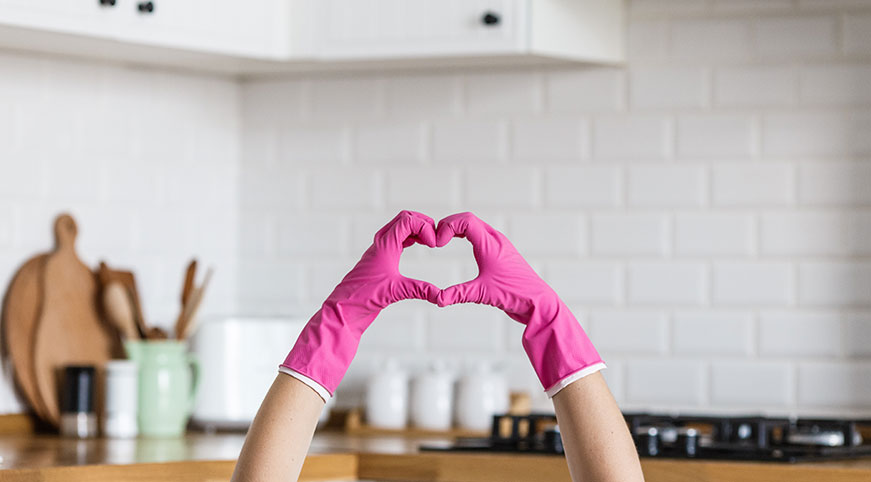Several families continue to stay at home to minimize their exposure to the coronavirus (COVID-19). While you’re home, it is a good time to make your household safer from potential everyday hazards. In general, we spend more than 50% of our time at home—and this time is higher during COVID-19 as many adults and kids stay at home due to workplace and school closure. It is important to keep your home free from hazards to protect you and your family. It is a good idea to take this time and walk around your home looking for potential risks that can cause a hazard or unforeseen incident.
Below is a quick guide to help you identify potential household hazards and eliminate the risks to keep your home safe.
- Carefully check all power cords and strips to identify any frayed or cracking wires. Get your electrical wiring tested regularly by a qualified electrician to avoid any electrical hazard.
- If you have any old paint cans, leaking toxins, or oily rags, they can cause fire hazards. Discard any such items and ensure that your fire extinguishers, smoke and carbon monoxide detectors are well maintained or within expiration date. Always replace the batteries when the beeping sound occurs.
- Check your pantry for old or expired items and restock accordingly.
- Check your emergency supplies and first aid kit and evaluate if you should restock items. Remember: emergency or disasters strike without warning and it is important to always be prepared. It is a good time to review your emergency plan with your household members.
- Check your battery supply for items you would use in a power failure.
- Make your home fall-proof for elders and children by ensuring proper lighting in areas such as the staircase, proper maintenance of stairs and handrails, and taking proper precaution around wet surfaces in the household, especially bathrooms.
- Keep all household cleaning substances and harmful products away from children, in a cupboard or shelf out of reach. Make sure to keep these products away from your food containers and edible items to avoid accidental poisoning.
While this is by no means a complete list of household hazards, it lists out the most common causes of hazards and your goal should be to eliminate as many as possible to avoid unintentional injuries. Most household hazards can be prevented by taking proactive measures. With time on your hands, you can better prepare yourself and your household to adapt to challenging situations and be prepared when a hazard or emergency strikes.
Go to our Blog
 ENGLISH
ENGLISH KOREAN
KOREAN Spanish
Spanish RUSSIAN
RUSSIAN Armenian
Armenian FILIPINO
FILIPINO Chinese (Simplified)
Chinese (Simplified) Chinese (Traditional)
Chinese (Traditional)


최신댓글